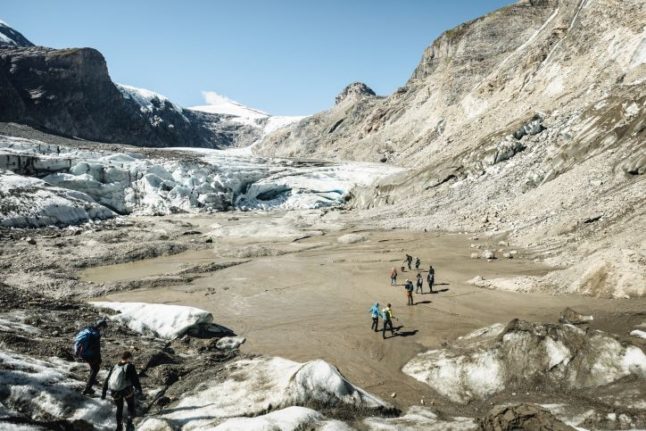The bans were initially imposed by the Austrian football association (ÖFB), after allegations of attempted match fixing were upheld in the case of two players, Dominique Taboga and Thomas Zündel.
Taboga has now received a global lifetime ban from participation in the sport, while Zündel is suspended for a period of one year.
Taboga, a player for the Salzburg regional town of Grödig, sought to manipulate games in the Austrian national league, and encouraged Zündel to participate in his scheme. The latter was censured for his failure to report this activity.
Previously, the bans applied only in Austria, but have now been extended by FIFA to the rest of the world. In November 2013, Taboga claimed that he was being blackmailed by his former Kapfenberger teammate Sanel Kuljić to fix the matches. Later, Taboga admitted that he had tried to convince four other players to manipulate a match.
Similar sanctions were applied to Iran, where coach Mohammed Reza Molaei was banned for six months and referee Mohsen Ghahreman for eight months for trying to fix a match in the Iranian League.



 Please whitelist us to continue reading.
Please whitelist us to continue reading.
Member comments